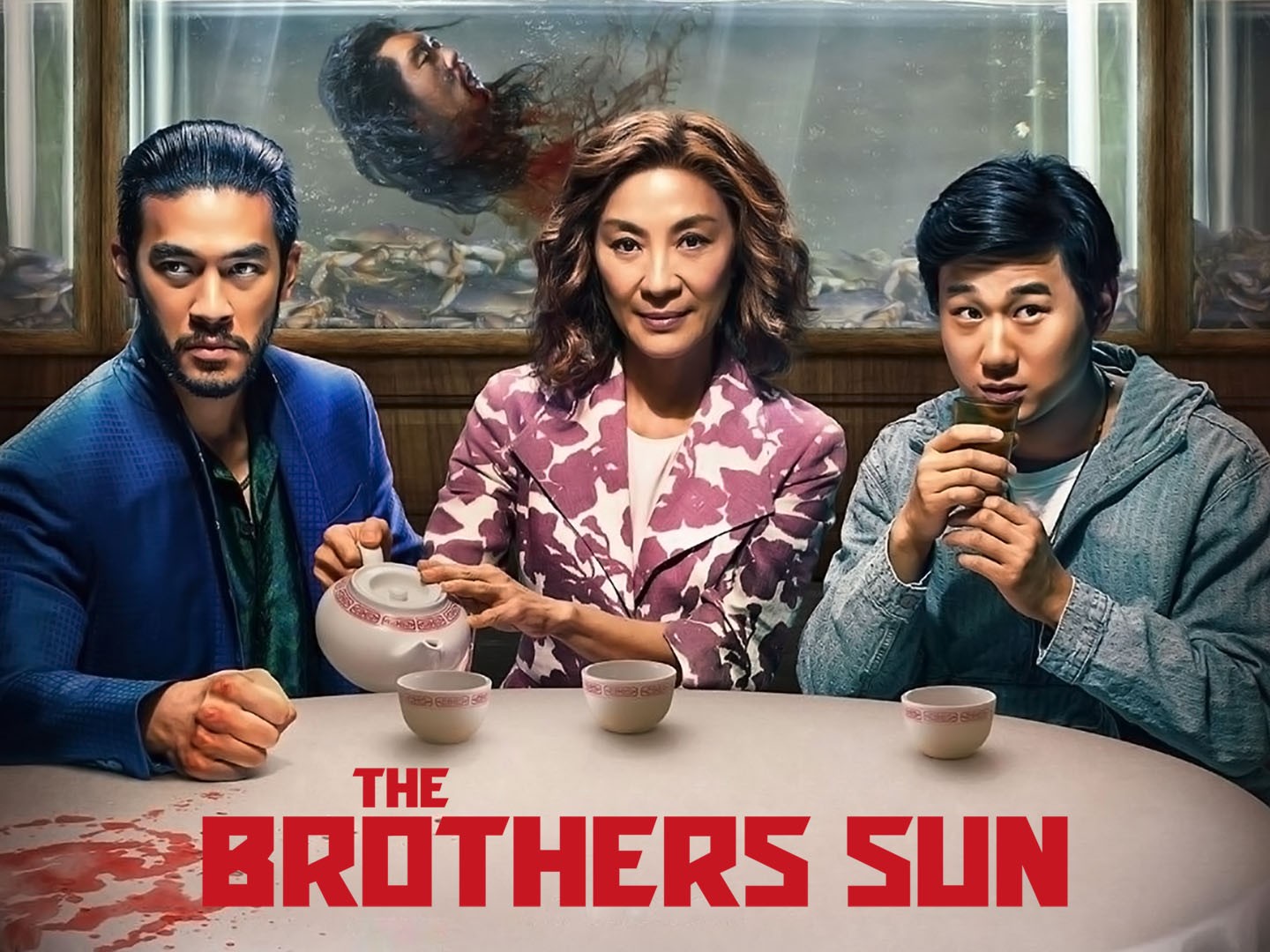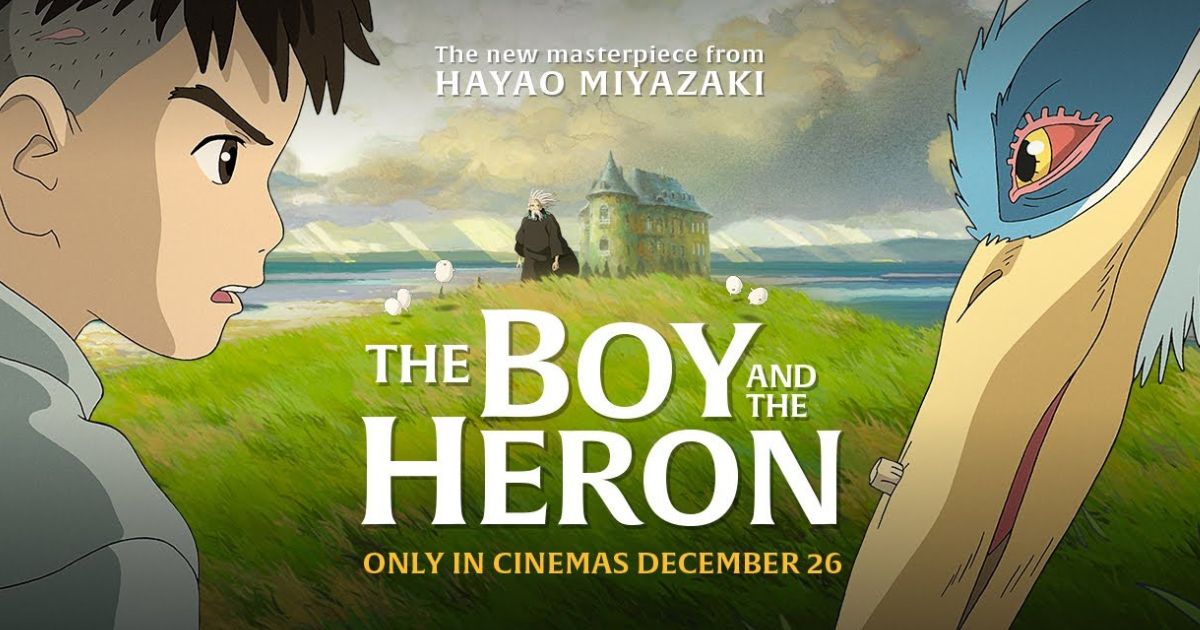Spoilers alert. This review contains some minor spoilers for the television adaption of Snowpiercer Season One, which is streaming on Netflix.
From the start of Snowpiercer to its season finale, I enjoyed the mysteries and was thrilled to see it diverge from its predecessor in many ways. (For those who don’t know, the film was directed by famed director Bong Joon-ho.) The television series hits the right notes with its thrilling and captivating story and characters. I admit, the show starts off slow, with a lot of world building and foreshadowing, but the mid-point the show really increases in intensity and drama until the curtails come down. Overall, I thought the characters that became the focus of the show were good choices and the unraveling of the mysteries kept this series going, even though I did think about dropping this series completely after episode 4. I think the desire to learn the reasons behind each characters ambitions so early on in the series made me click on to episodes 5 and beyond.
The original incarnation of Snowpiercer on screen was the 2013 science fiction action film directed by Korean director Bong Joon-ho, who also recently won numerous accolades for his other standout film, Parasite. The Snowpiercer film is on Netflix as well. Both the film and television series are based on the French graphic novel Le Transperceneige by Jacques Lob, Benjamin Legrand and Jean-Marc Rochette. I saw the 2013 film before I watched the 2020 television series n on Netflix. I came to watching Snowpiercer due to my interest in Bong Joon-ho’s work after working his standout hit in Parasite. For this television series, although Bong Joon-ho returns, he only serves a producer this time around and not as a director. Although he is just a producer, there are certainly many nods to his film adaption throughout this television series. For the purposes of this review, I am only reviewing the 2020 television series and recommend you watch the film first.
In regard to story, Snowpiercer is set in a dystopian future where the world freezes over, potentially due to climate change, and the last bastions of humanity are enclosed within a train consisting of over 1001 carriages. The world of Snowpiercer is divided by class between first class, second class, third class and then the very bottom of the ladder, the tail or tailees. All classes had bought tickets to board Snowpiercer, while the tailees board the train at the last moment (i.e., they were ticketless). Each person on the train has similar goals, survival and power. It doesn’t matter where you are in the train, you want access to the scarce resources and to continue living. Outside the class of people are another group of people, the employees of Wilford Industries, the Department of Hospitality.
The story follows the journey of Andre Layton, commonly referred to as Layton, a person from the tail who used to work as a detective, and Melanie Cavill the powerful head of the Department of Hospitality. Hospitality is responsible for keeping relations between the train’s classes and serves the interests of Mr Wilford. Layton and Cavill’s story intersect due to an unfortunate series of murders taking place on the train. This gives Cavill reason to recruit Layton to assist with the investigation, while Layton uses it as an opportunity to help his fellow tailees rebel against the social hierachy. To reduce the main conflict into a few words, the passengers are caught up in a revolutionary struggle against the strictly imposed social hierarchy and unbalanced allocation of limited resources.

The start of the series is set up in a similar way to the film. We are told the why and how the characters end up on the train. We see the gruesome depictions of what life is like as a person living the tail, the squalid, cramp conditions and the disgusting, black jelly that its inhabitants have no choice but to consume to quell their hunger. (We never quite know how these black jelly are made in the 2020 adaptation, but the 2013 film doesn’t shy away from it.) The theme of class struggle and warfare are easily identifiable throughout the first three episodes and the show does a great job of showing you why the rules that govern Snowpiercer is inherently unfair and needs to change.
It’s clear that the people in the tail want better living conditions, the third class, who do all the labor intensive work, wants to be treated fairly and the first class, in all their pleasure and comfort, are bored and want more power and authority. This schism foreshadows the ultimate conflict in season one, which occurs in the latter half of the series. To add more information, by the third episode, you will know that there have been several rebellions and revolts against the authorities from the tail, this is evident in the stories told and the missing limbs on various key people. In fact, as a viewer, you get to see the cruel and unusual punishment meted against people who rebel. This punishment involves the exposure of body parts to the harsh cold outside. That limb is frozen and all feeling is lost. At that point, a huge hammer is introduced to smash the frozen limb into a thousand pieces. The agony of the person is truly horrific. This moment is powerful, because it is both graphic and insanely effective at conveying both the horror and the predicament faced by the people below the pecking order.
Overall, the starting episodes of Snowpiercer television series were slow and somewhat puzzling to me. Contrast this with the film, which hit it off with the conflict and that conflict continued to the end of the film.
Both Layton and Cavill are well cast and both actor/actress do an excellent job of portraying their characters. I think Cavill ultimately had the better back story. Her story and mysteries are far more interesting than Layton. Mind you, I think her story and mysteries could only be set up by having someone like Layton. Layton does many things to advance and enhance the story and is by no means a throwaway character. His determination, cleverness, and resilience throughout the television series drive home how crucial his role is to every facet of the Snowpiercer story. Both characters are great. I could go on about their flaws and plot-holes, but they aren’t groundbreaking. I’d say, enjoy the story and be prepared for some surprises along the way.
By the end of final episode of season one, you will think all is resolved and it is the end. But fortunately, or unfortunately, there will definitely be a season two based on how this season ends. Given season one’s popularity and critical response, there is no reason not to renew for a season two and I hope it does better in two things, promoting the theme of class warfare and giving a purpose for why there is a need for season two.
Please support the website by liking the article or subscribing to the mailing list.
Discover more from Australian Sightseer
Subscribe to get the latest posts sent to your email.



